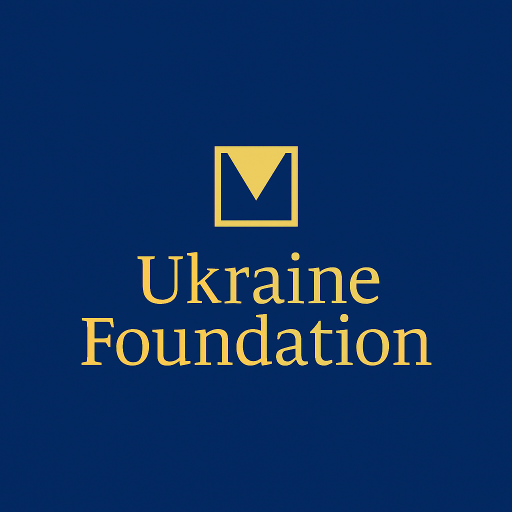Ukraine Foundation
Inspiring Change, Driving Impact
Empowering Individuals and Strengthening Communities


At the Ukraine Foundation, we believe in the resilience of individuals and the strength of communities, particularly in times of crisis. Our programs focus on empowering individuals displaced by war to rebuild their lives, contribute to their communities, and participate in economic and social development.
We achieve this through employment-driven public policies and by fostering entrepreneurial ventures. By supporting policies that create job opportunities and provide access to essential services, we help displaced individuals regain stability and integrate into new environments.
Additionally, we champion entrepreneurship as a path to self-reliance, offering guidance, funding, and resources to help individuals start and grow their own businesses.
Our work ensures that societal cohesion is preserved, even in challenging times.
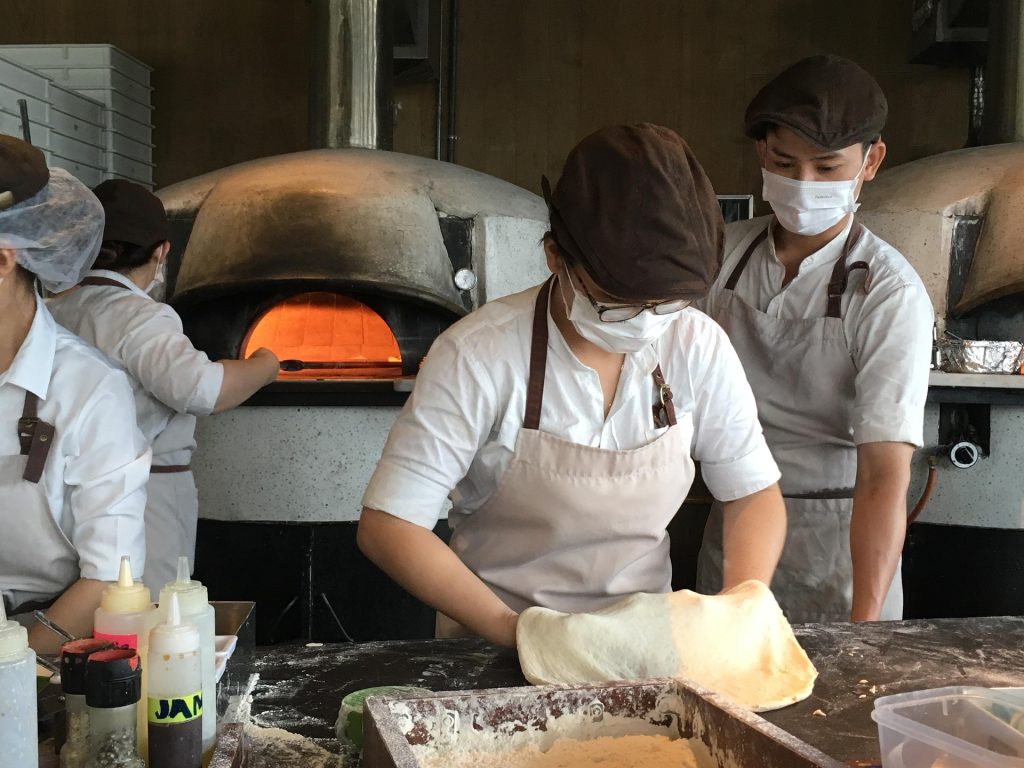
In response to the challenges posed by war and displacement, the Ukraine Foundation prioritizes programs that empower individuals to regain stability and contribute meaningfully to society. Through targeted programs, the foundation supports multiple endeavors:
> We empower war-affected individuals by providing them with opportunities to develop skills, access training programs, and participate in initiatives that enhance their employability.
> We work closely with governments and stakeholders to shape employment-driven public policies, ensuring displaced individuals can integrate into local and international job markets.
By creating opportunities for displaced individuals to thrive, we not only support economic resilience but also foster hope and possibility for a brighter future.
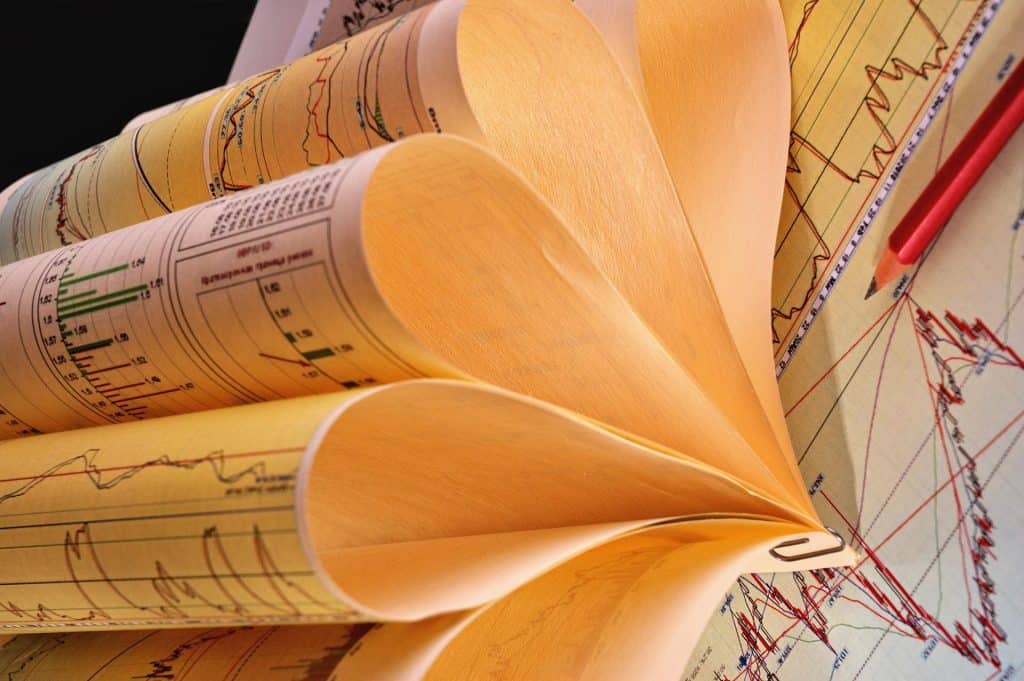
> We encourage and support entrepreneurial ventures, providing guidance, financial assistance, and networking opportunities to individuals looking to establish their own businesses.
> We foster innovation-driven solutions that help both individuals and communities rebuild and thrive.
Learn how you can contribute to our mission of empowering individuals and communities.
Berlin and Kyiv: On 24 July 2025, Ukraine Foundation and the Professional Government Association of Ukraine co-hosted an Expresso online session with Professor Theocharis N. Grigoriadis, our Distinguished Senior Fellow for Eastern European Affairs and Economics. The event, “Political Economy of Food Security: Evidence from Ukrainian & Russian Wheat Exports to Africa”published with the Kyiv School of Economics, Free University Berlin, and the European University of Viadrina.
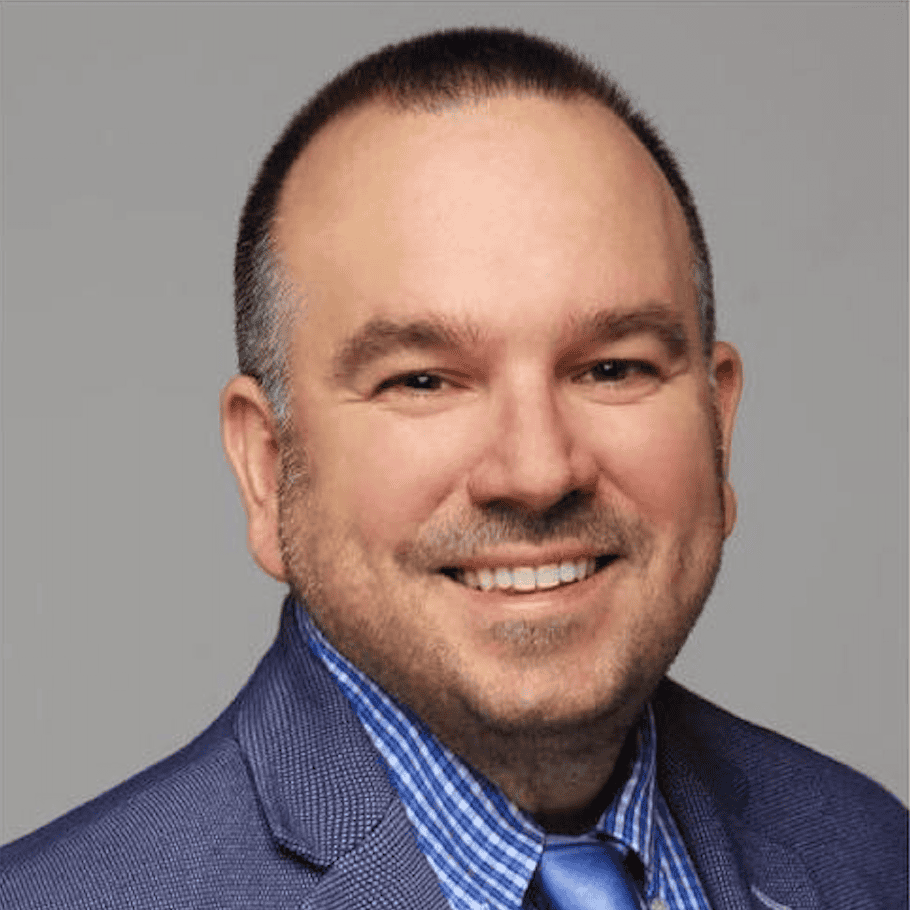
Presenting his groundbreaking study co-authored with Pavlo Martyshev, Oleg Nivievskyi, and Ivan Kolodiazhnyi under the auspices of the Kyiv School of Economics, Free University Berlin, and the European University of Viadrina, Professor Grigoriadis discussed new evidence on the dynamics of grain exports and their geopolitical implications. He highlighted how the full-scale war in Ukraine has disrupted global food supplies, with Africa—heavily dependent on Ukrainian and Russian wheat—emerging as a focal point in the weaponization of grain trade.
The presentation unpacked the political and economic strategies at play in the global wheat market and emphasized what Ukraine must do to restore competitiveness while countering Russia’s manipulation of food insecurity as a geopolitical tool. Participants engaged with Professor Grigoriadis in an interactive Q&A, exploring practical ways for policymakers, agribusiness leaders, and researchers to address vulnerabilities in food security.
This session pursued our joint Expresso series with the Professional Government Association of Ukraine and underscored our commitment to advancing rigorous, policy-relevant research that not only addresses Ukraine’s challenges but also contributes to solving critical global issues at the intersection of economics, security, and geopolitics.
About Pr. Theocharis Grigoriadis
Professor Theocharis N. Grigoriadis holds the W-2 Professor position with tenure at Freie Universität Berlin’s Department of Economics and Institute of East European Studies, where he has served since 2014.
A prolific researcher, Professor Grigoriadis has authored over 40 peer-reviewed articles in leading journals including the Journal of Economic History, European Economic Review, Journal of Conflict Resolution, and China Economic Review. His research spans diverse topics from the political economy of religious institutions to energy economics, climate change, and regional development. His book “Religion & Comparative Development: The Genesis of Democracy & Dictatorship” (Edward Elgar, 2018) exemplifies his innovative approach to understanding the deep historical roots of modern economic and political systems.
Currently, he is completing two major monographs: “Muscovy as New Byzantium: Imperial Political Economies & Orthodox Systems in Ivan IV. the Terrible” and “Spies & Revolutionaries: Imperial Russia’s Foreign Intelligence & the Defense of National Security,” which demonstrate his expertise in Russian imperial history and its contemporary relevance.
Professor Grigoriadis has secured over €1.5 million in competitive research funding from prestigious agencies including the German Research Foundation (DFG), German Academic Exchange Service (DAAD), and the European Commission. He serves as Program Director for multiple international partnerships, including the “Integrated Master of Science in Economic Systems” with the University of Belgrade and various German-foreign university collaborations spanning Russia, Ukraine, Georgia, Uzbekistan, and other Eastern European nations.
His extensive international network includes affiliations with the Hellenic Foundation for European & Foreign Policy, American University of Beirut, and research fellowships at Stanford’s Hoover Institution and Sabancı University’s Istanbul Policy Center. He has supervised over 150 completed theses at bachelor’s, master’s, and doctoral levels, mentoring the next generation of scholars in economics and area studies.
Beyond academia, Professor Grigoriadis contributes to policy through advisory roles with international organizations including the Open Society Foundations and UN Economic & Social Commission of Western Asia. His expertise in energy economics, climate policy, and post-conflict development has informed policy discussions from the Middle East to Central Asia.
Professor Grigoriadis holds multiple doctoral degrees from leading institutions: a PhD in Political Science from UC Berkeley (2012), a PhD in Economics from Saint Petersburg State University (2012), and is currently completing a PhD in Slavic Literatures and Cultures at Humboldt Universität zu Berlin. His educational foundation includes an MA in Russian and East European Studies from Yale University (2005) and an LLM from the University of Athens (2007). This interdisciplinary background uniquely positions him at the intersection of economics, political science, and cultural studies.
Fluent in eight languages including Greek, English, German, Russian, and Ukrainian, Professor Grigoriadis embodies the international perspective essential for understanding complex economic transitions and development patterns across cultures and political systems. His work bridges rigorous quantitative analysis with deep historical and cultural understanding, making him a leading voice in comparative economics and the study of institutional development in transition economies.
The discussion was moderated by Dr. Kostiantyn Lisnychyi.
We Are Team UA: Voices of Impact
Our Policy and Research Fellowship Team brings together 24 outstanding individuals: 4 Distinguished Senior Fellows, 7 Senior Fellows, 2 Special Fellows, 5 Fellows, 4 Associate Fellows, and 2 Associate Fellows. This powerhouse of expertise is building one of the most dynamic and impactful policy research communities focused on Ukraine today. To learn more about each of them, click on his or her image.
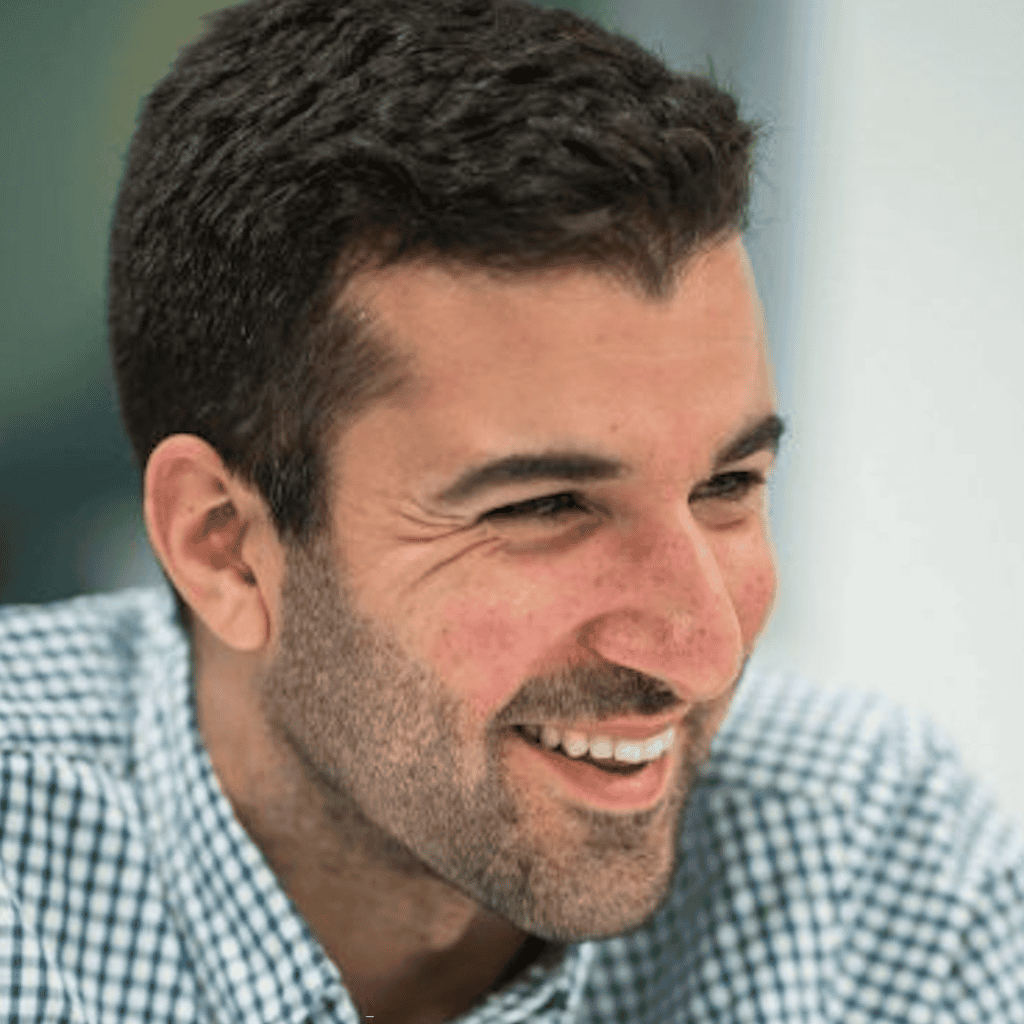
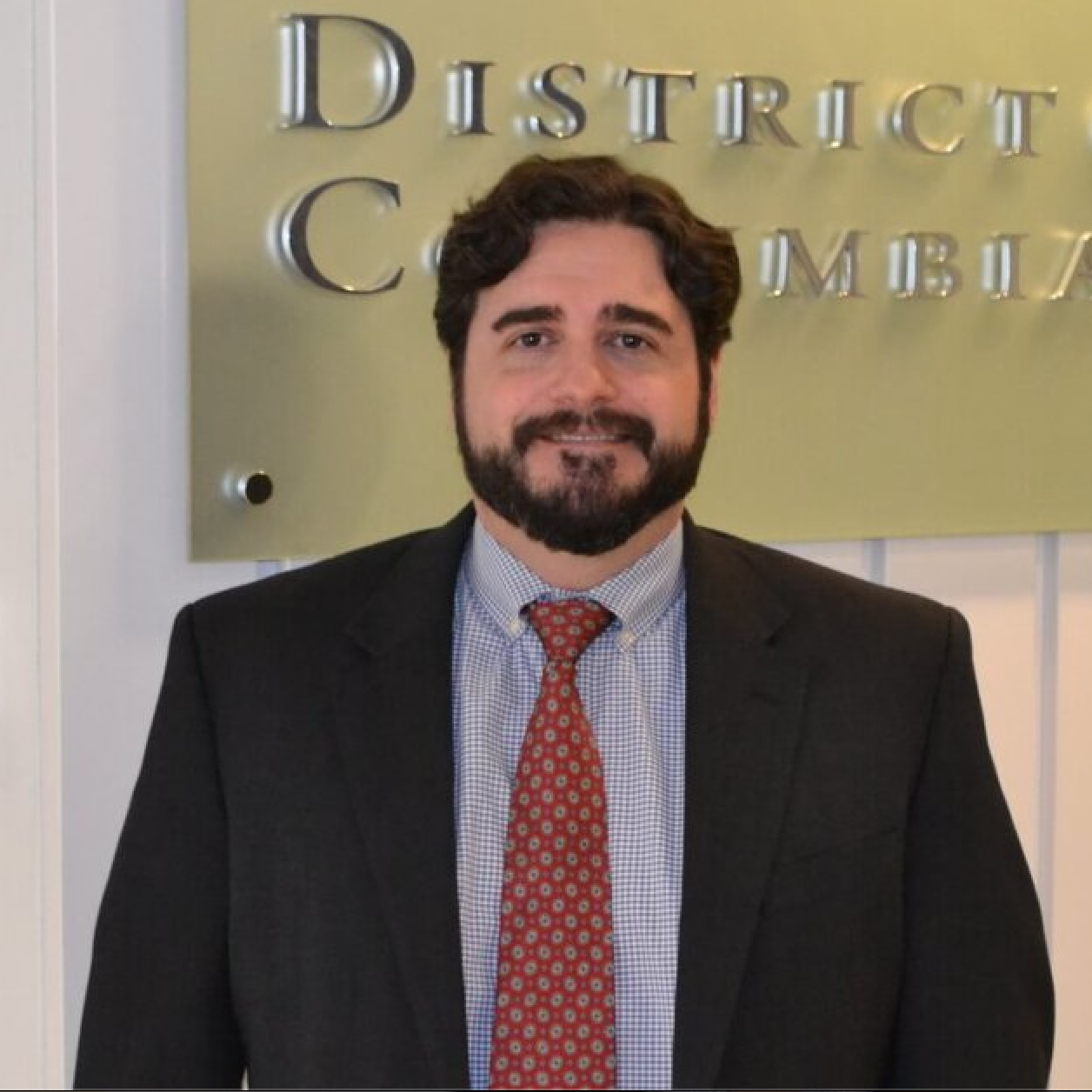

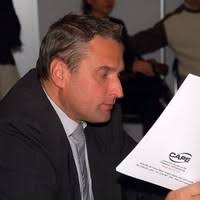
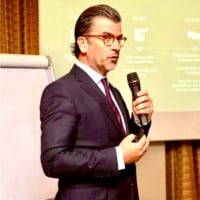
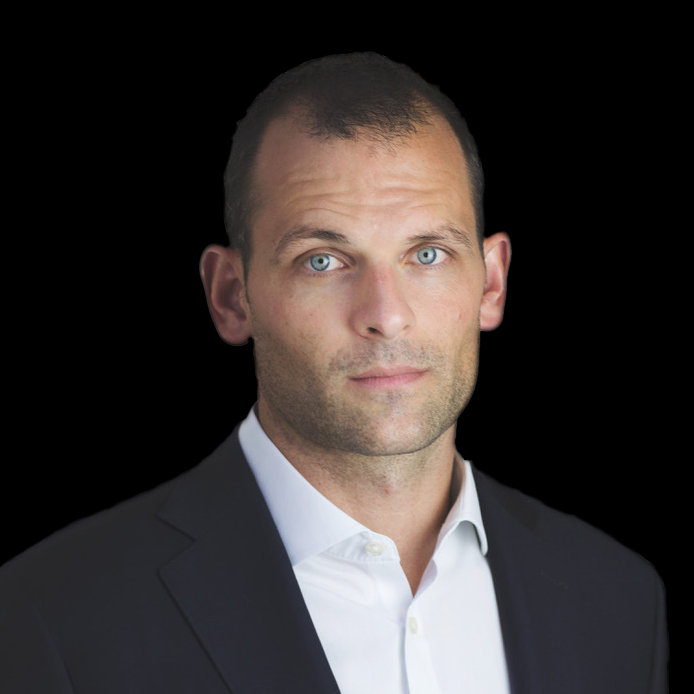

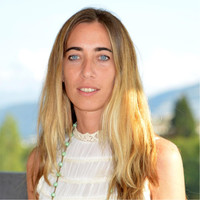
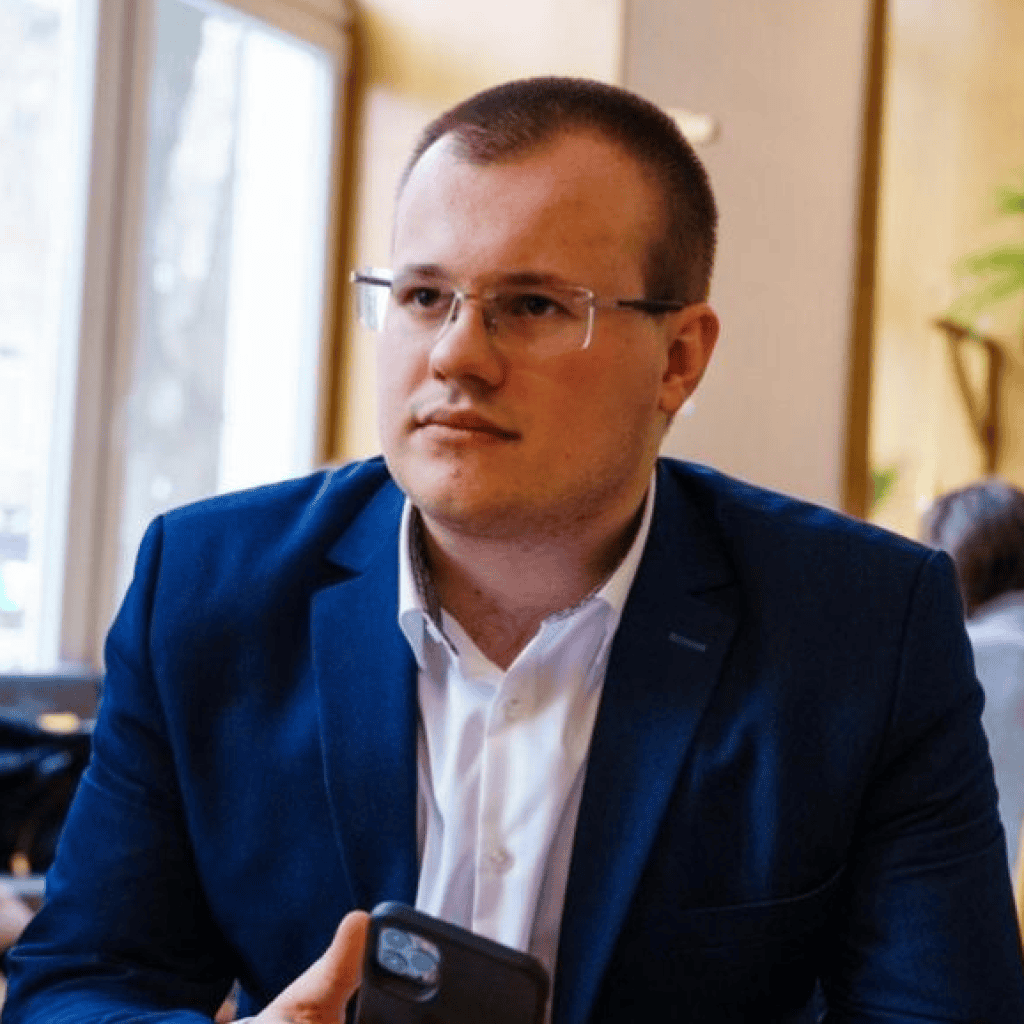
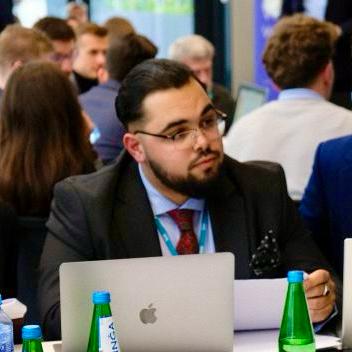
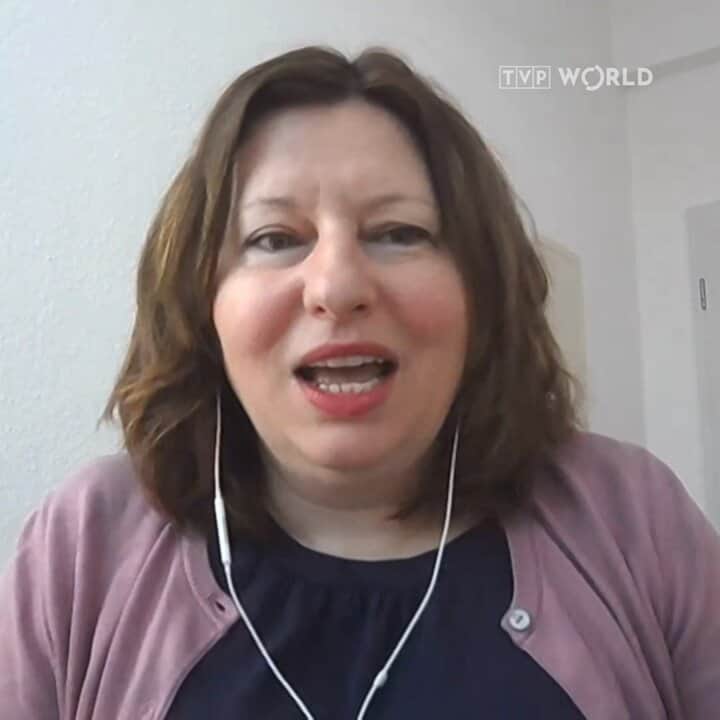
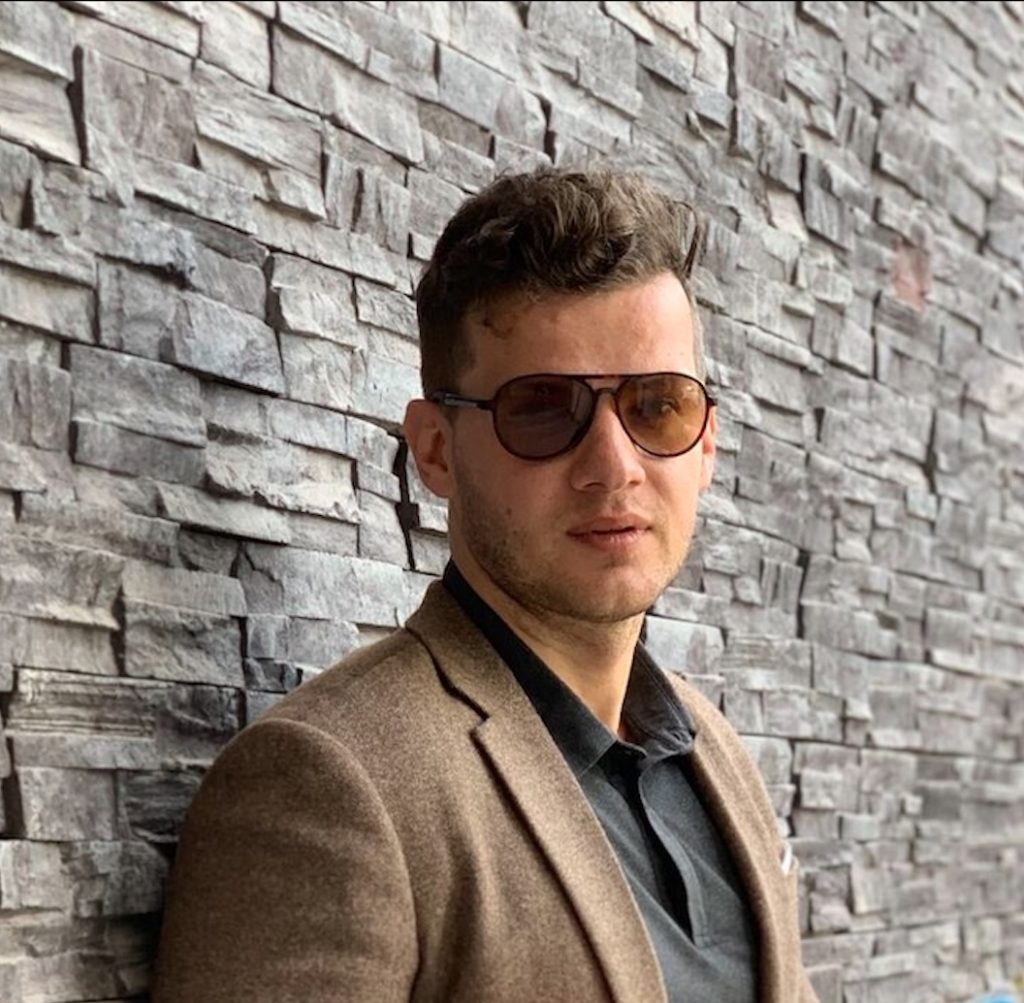


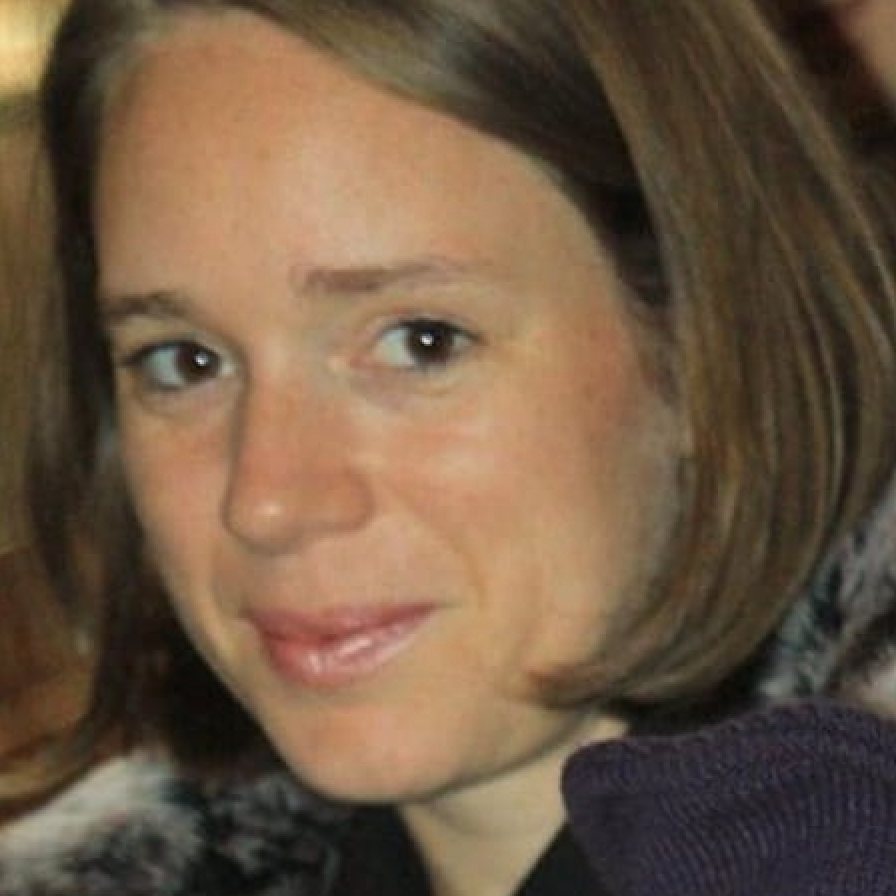
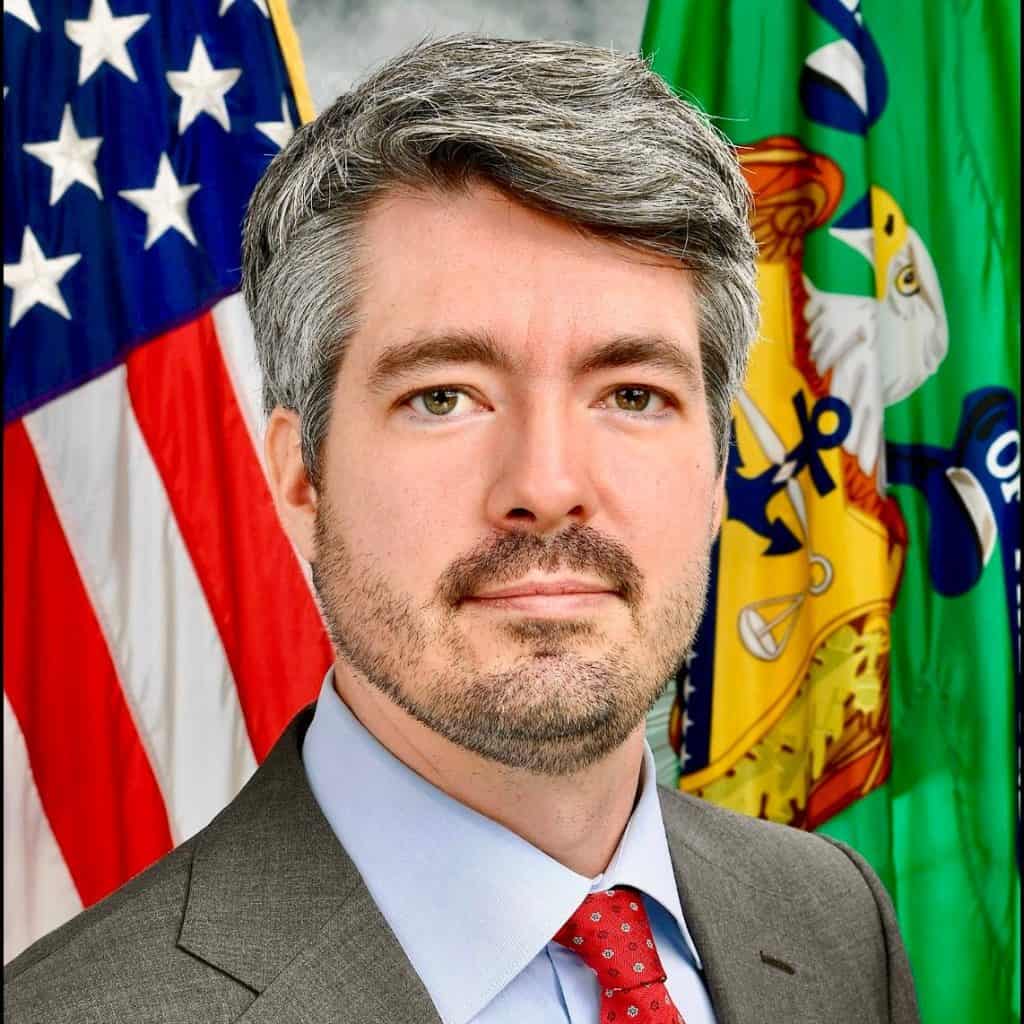
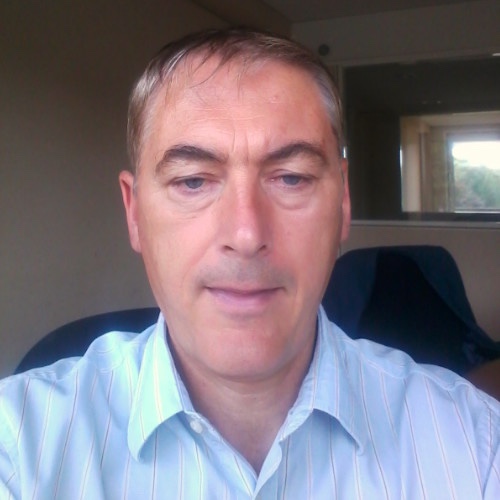
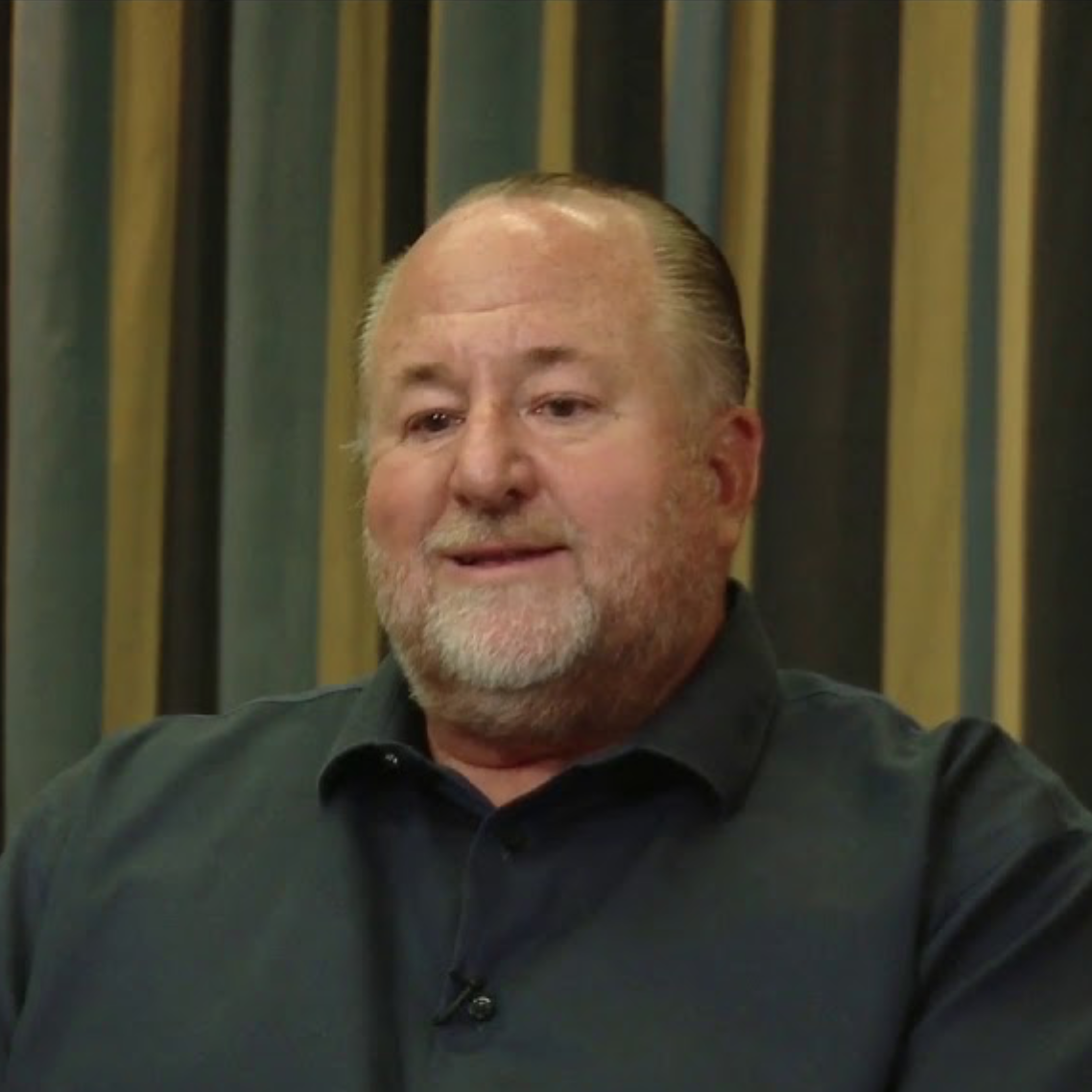
Our Fellows and our alumni hail from the world’s most prestigious universities — Oxford, Cambridge, Harvard, Yale, Stanford, Princeton, Berkeley, LSE, UCL and King’s College — and bring a wealth of experience from the front lines of government, international financial institutions, diplomacy, defence, intelligence, think tanks, and academia.
Their analysis and commentaries have been featured on CNN, BBC, Al Jazeera, Fox News, Bloomberg, Reuters, Financial Times, The New York Times, The Washington Post, The Guardian, Politico, the Kyiv Post, Ukrainska Pravda, and on all major Ukrainian television channels.
Their research have been published in peer-reviewed publications including Foreign Affairs, Foreign Policy, Harvard International Review, The National Interest, European Economic Review, Bulletin of the Atomic Scientists, Journal of Strategic Studies, International Institute for Strategic Studies’ Survival, Journal of Conflict Resolution, and World Politics Review.
Together, they form a brain trust capable of shaping the next generation of policy solutions.
Milan: Natalie Shkarban At Ukraine Recovery Conference’s Milan Preparatory Business Forum

On 5 March 2025, Milan hosted the pivotal “On the Road to URC 2025” business forum, marking a significant milestone in the lead-up to the Ukraine Recovery Conference (URC) scheduled for 10–11 July in Rome. This preparatory event convened over 550 representatives from 23 countries, including government officials, international financial institutions, and private sector leaders, to strategize Ukraine’s post-war reconstruction and economic revitalization.
Keynote speakers included Ukrainian Prime Minister Denys Shmyhal (via video message), First Deputy Prime Minister Yuliia Svyrydenko, Italian Foreign Minister Antonio Tajani, and Lombardy Region President Attilio Fontana. Their addresses underscored the urgency of mobilizing international investment and fostering public-private partnerships to rebuild Ukraine’s infrastructure, energy systems, and industrial base.
Discussions at the forum focused on several strategic areas:
• Investment and Financing: Exploring mechanisms to attract foreign capital, including risk insurance and government incentives.
• Energy Resilience and Green Transition: Promoting sustainable energy solutions and the development of a green energy system in Ukraine.
• Industrial Production and SMEs: Enhancing local manufacturing capabilities and integrating Ukrainian small and medium-sized enterprises into global supply chains.
• Infrastructure and Housing: Reconstructing critical infrastructure and providing housing solutions for internally displaced persons.
The event also highlighted collaborative initiatives such as the partnership between Lombardy and Zaporizhzhia regions and the presentation of a master plan for Mykolaiv’s recovery.
This Milan forum set the stage for the upcoming URC 2025 in Rome, which aims to consolidate international support and secure tangible commitments for Ukraine’s reconstruction efforts.
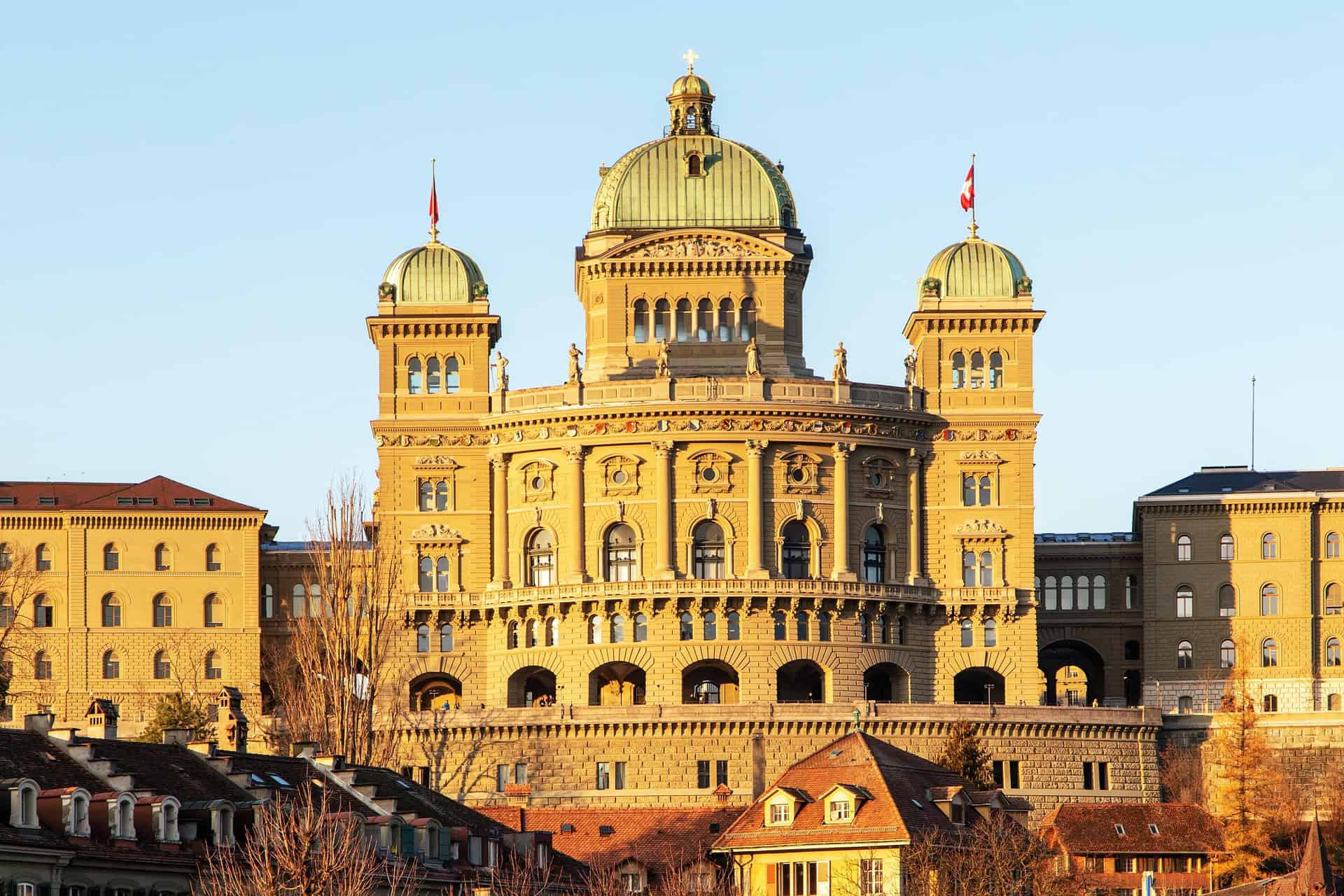
Bern: The Federal Council Releases Ukraine Country Programme 2025-2028
The Federal Council plans to invest long-term in the reconstruction of Ukraine and is providing CHF 5 billion for this purpose in the period from 2025 to 2036. For the first phase up until 2028, CHF 1.5 billion has been earmarked. This will be financed as part of the IC Strategy 2025–28, and was approved by Parliament in late 2024. For the second phase (2029–36) the Federal Council is reviewing additional sources of financing for the remaining CHF 3.5 billion.
The Federal Council has approved this Ukraine Country Programme 2025–28 for the first phase. It is designed as a strategic framework for the support and reconstruction of Ukraine and implements the legislative programme for the period 2023–27 (measure 91). It draws on Switzerland’s long-standing presence in Ukraine and combines established international cooperation instruments, such as humanitarian aid, development cooperation and peacebuilding with new approaches such as humanitarian mine action and targeted reconstruction. A focal point is Swiss private sector engagement in order to leverage expertise and innovation for the recovery and to mobilise investment.
Our Fellows Supporting the Innovation Program
Serhii Muravitskyi, Non-Resident Associate Fellow, Technology
Serhii Muravitskyi is a Ukrainian international relations expert, currently based in Chongqing, China. With over eight years of experience living and working across China and Japan, he is deeply committed to fostering cross-cultural understanding and building international partnerships.
He currently serves as the Manager of International Relations and Cooperation at Kyivska Polytechnika (Chongqing) Applied Technology Research Institute Co., Ltd., where he leads collaborations between Chinese and Ukrainian universities, research institutes, and enterprises. His work includes international project management, government relations, multilingual communication, and expanding global cooperation initiatives.
Previously, Serhii Muravitskyi held key roles as a Market Expansion Manager at IAM Group Ltd. and as an Official Adjudicator for the World Record Certification Agency (WRCA), representing the organization at record attempts and international events throughout Asia.
He is fluent in English, Chinese, Ukrainian, and Russian. He holds a Master’s degree in International Relations from Xiamen University, and a Specialist Diploma in Translation/Interpretation from V.N. Karazin Kharkiv National University. His academic journey was supported by several prestigious scholarships, including the Chinese Government Scholarship and Confucius Institute Scholarship.
In addition to his professional and academic pursuits, Serhii Muravitskyi is active in cultural outreach. He creates educational video content exploring Chinese traditions and language, amassing a strong following on social media. He has also appeared on Chinese public television programs, participating in Mandarin and representing the Ukrainian perspective in cultural dialogues and international exchange segments.
Beyond work, Serhii Muravitskyi enjoys acting, photo modeling, traveling, mountaineering, and leading youth-focused volunteer programs. His diverse experiences reflect a passion for meaningful global connection and cultural exchange.
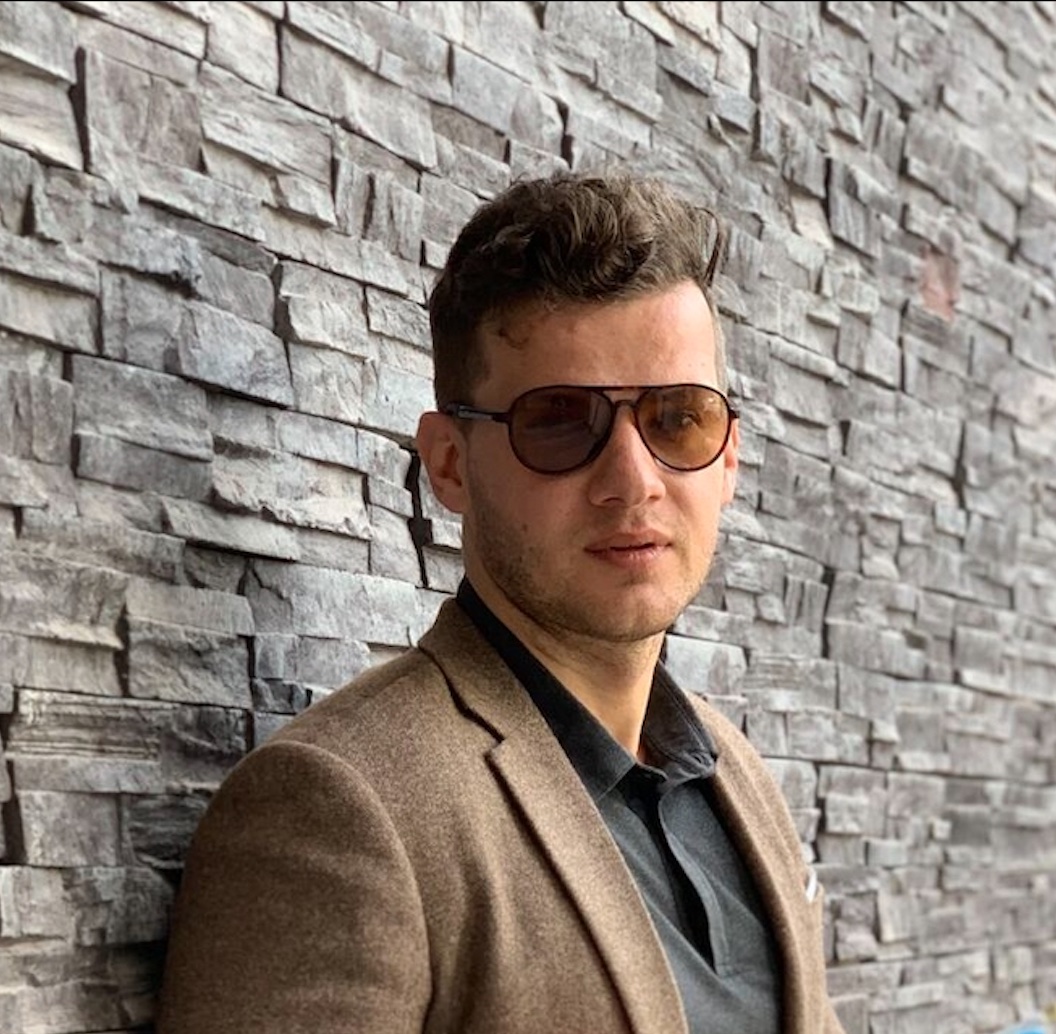
Paul Demian, Associate Fellow, Innovation
Paul Demian is a seasoned R&D professional with extensive experience in the medical device industry. In his current role as R&D Scientist and Project Manager, he drives cross-functional innovation projects. He previously worked as Research Scientist at the company’s Applied Development Department in Japan for 2 years.
Paul Demian holds a PhD in Chemistry and Physical Chemistry of Polymers and a Master’s degree in Organic Chemistry both from Le Mans University, and a Master’s degree of Chemical Technology and Engineering from the Kyiv Polytechnic Institute at the National Technical University of Ukraine.
He speaks English, French, Ukrainian and Russian and has notions of Japanese.
